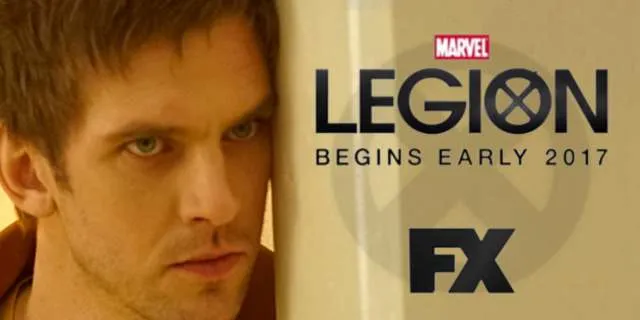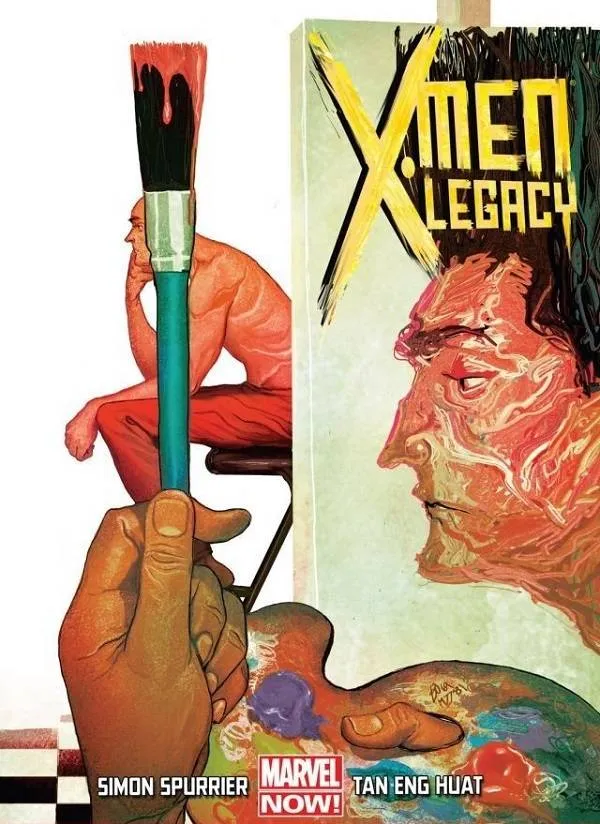
Art by Mike Del Mundo
Who is Legion, though? His identity on paper is pretty clear: David is the son of Charles Xavier (a professor of some renown) and Gabrielle Haller (a formerly catatonic Holocaust survivor saved by Charles’s psychic powers… okay then). He is a mutant whose power manifests from the countless personalities fighting for control of his mind, with each personality bringing a unique power. Sometimes Dave loses control, and other times he can absorb the powers of other identities to use as “himself.” His situation is not unlike certain plot elements of the recent movie “Split,” if that helps.
Haller as a character was created in 1985 by Chris Claremont and Bill Sinkiewicz, but I primarily know him through the aforementioned 2010s series. There are some viewers of the TV series asking themselves, “Do I need to read something beforehand to figure out this guy’s deal?” and the answer is, you should be just as uncertain as David. His jumbled identity issues, struggle for control, and messy timeline mark him as wholly unique compared to the optimistic, stand-back-I’ve-got-this heroes usually on display. Spurrier keeps the story clear and easy to follow, but go in expecting surprises.
A recurring image of Dave’s brain in the comics is that of a maze, with all of his personalities racing to gain control or overpower an unsuspecting personality in the shadows. Even when Dave asserts control or drains the strength of a malevolent personality, his mind is still a maze. Where he made cameo appearances in decades past in Marvel’s comics, the Spurrier/Huat series puts him in center stage, with an internal monologue that not even Dave can trust at all times.
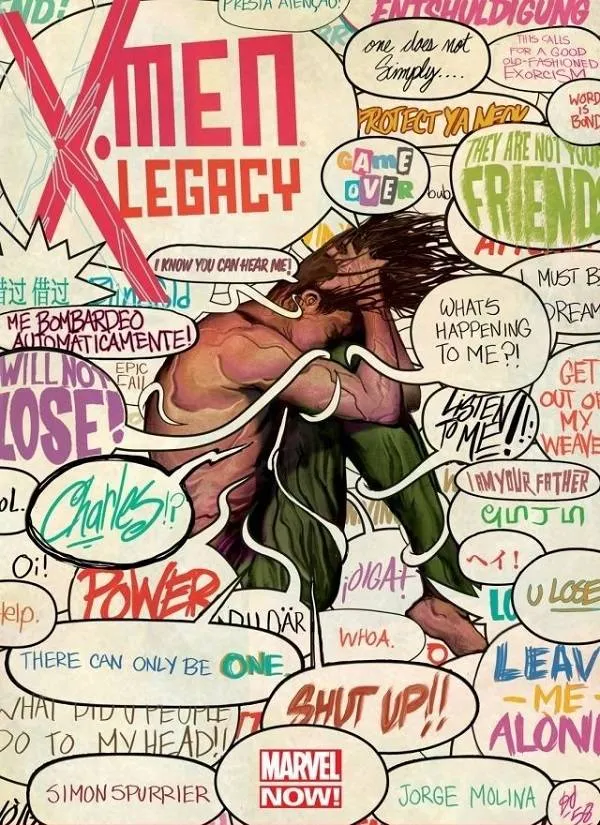
Art by Mike Del Mundo
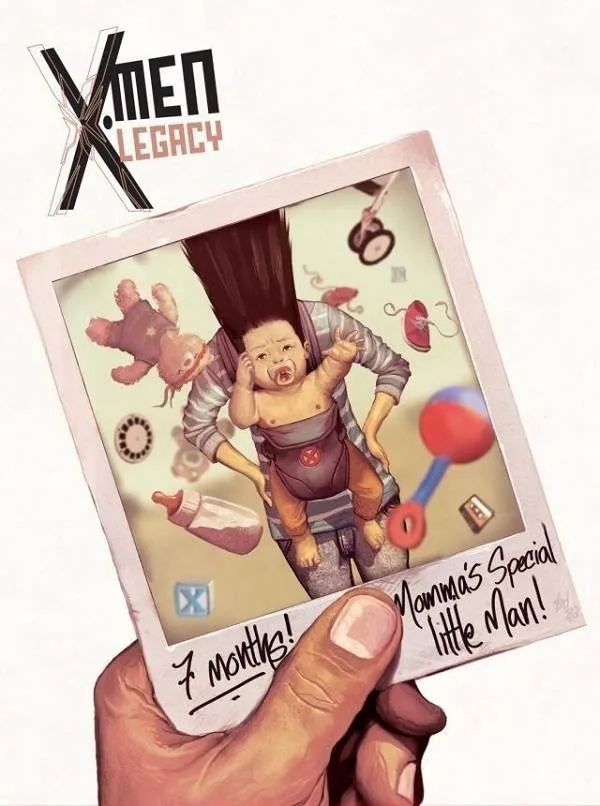
Art by Mike Del Mundo
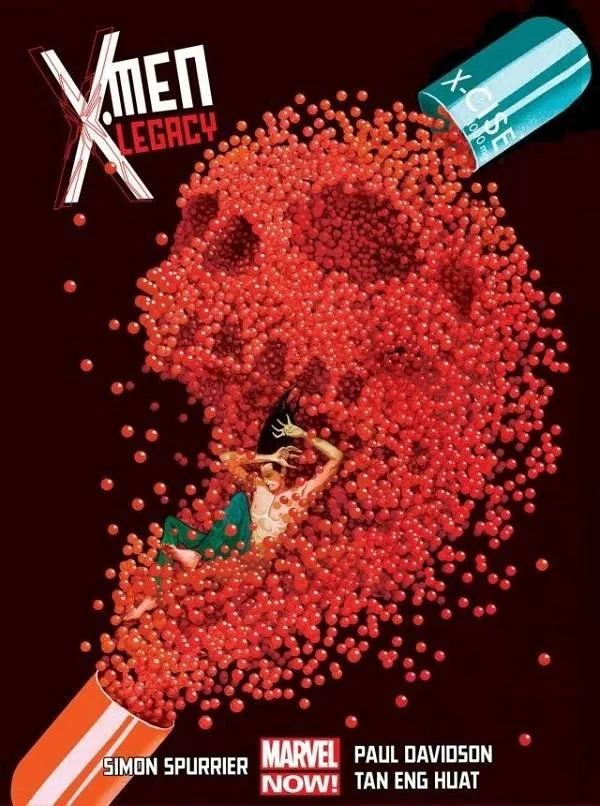
More of Mike Del Mundo’s eye candy, which may visually represent a killer pill but actually represents an exciting comic. Stop reading this caption and get to it!
